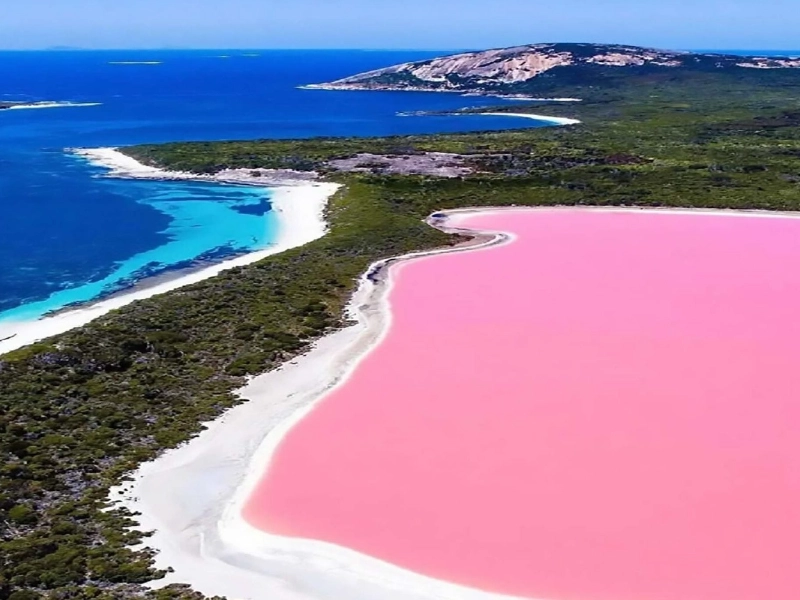10. Learn About Local Culture and History

Pink lakes often hold significant cultural and historical importance for local communities, and learning about these aspects can greatly enhance your visit. Many of these lakes have been known to indigenous peoples for thousands of years and feature in spiritual beliefs, medicinal practices, or traditional stories. For example, Australia’s Pink Lake near Esperance has been a source of salt for Aboriginal people for generations, while Senegal’s Lake Retba, also known as Lac Rose, has long been an economic resource for local salt harvesters. Take time to research or ask about any cultural significance the lake may have, and respect any sacred or protected areas. Some pink lakes also have roles in modern history, serving as sites of scientific research or economic development. Understanding this background can provide a deeper appreciation for the lake and its surroundings. If possible, engage with local guides or community members who can share firsthand knowledge and stories. Many pink lakes are surrounded by unique traditions or festivals that may coincide with your visit. By immersing yourself in the local culture and history, you not only enrich your experience but also support sustainable tourism that respects and benefits local communities. This approach transforms your visit into a meaningful connection with both the natural and cultural heritage of the pink lake.
Advertisement

